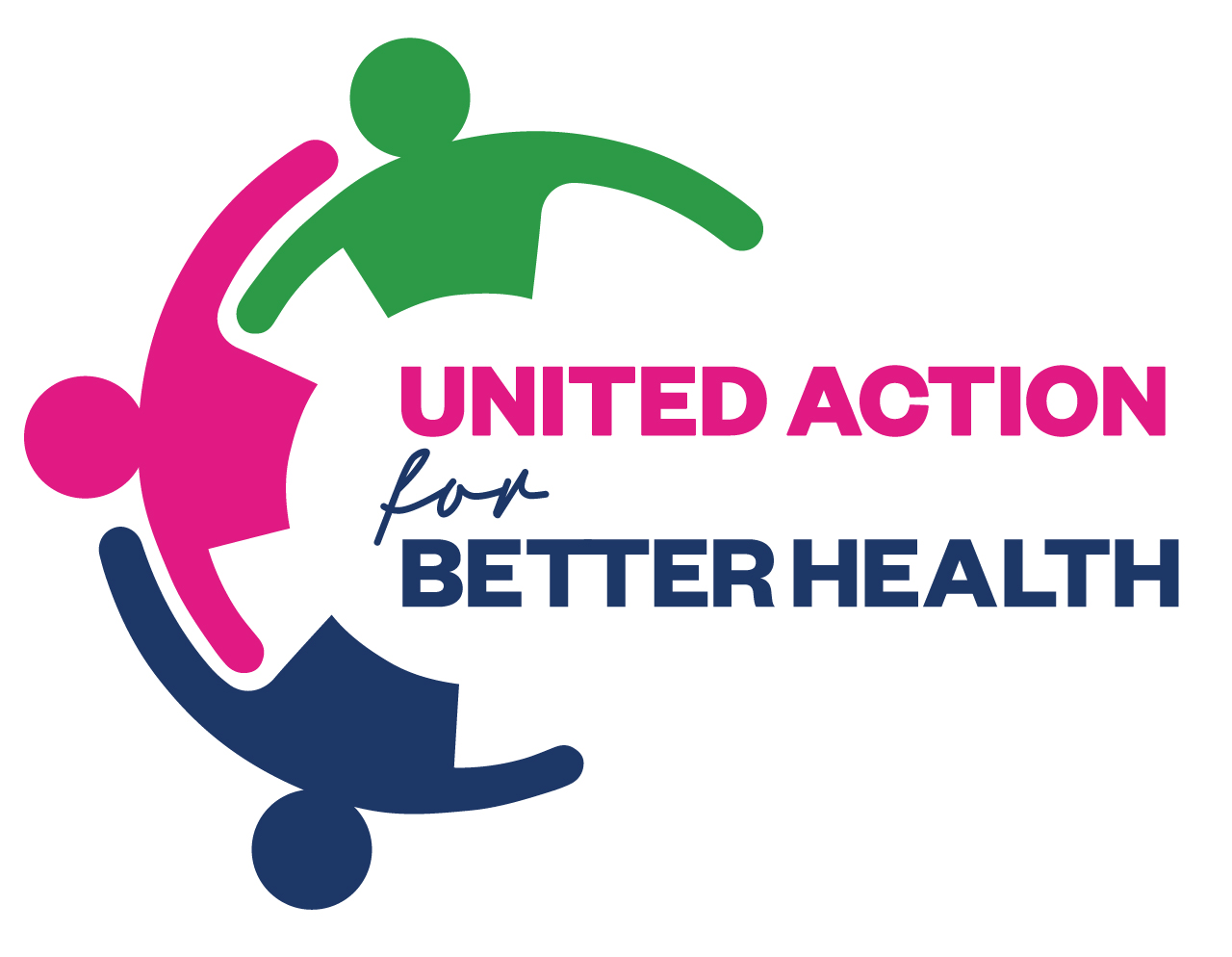WHO has designated Tampere University’s Unit of Health Sciences in Finland as the WHO Collaborating Centre on Health in all Policies and the Social Determinants of Health. The Centre will address the social determinants of health (SDH) and propel the health equity agenda forward through research, education, policy analysis and advice. SDH are those conditions in which people are born, grow up and live that affect their opportunities to be healthy and impact life expectancy.
The Centre’s global workplan will adopt a health-in-all-policies (HiAP) approach, addressing diverse streams of work to ensure that all policies take into careful consideration health and its social determinants.
“One key ambition WHO has in the coming years is to advance networking between the WHO collaborating centres working on SDH, health equities and HiAP – whether they are regional or globally focused – and we will work closely with the new Centre in Tampere to accomplish this,” said Dr Nicole Valentine, WHO Technical Officer for Equity and Health. “We are thrilled to designate such a technically competent team to support this important step.”
Dr Lauri Kokkinen, Co-Director of the Centre, stated, “Recognizing the clear alignment between our university's objectives and the critical mission of WHO is imperative. Supporting WHO's work is essential, and promoting collaboration between universities and WHO is a significant social initiative that we fully support.”
Towards sustainable societies and health equity
The Centre’s opening in spring 2023 brought together experts, practitioners and representatives of civil society organizations from Europe as well as Africa, North and South America, and South-East Asia. This broad and diverse involvement is a testament to the important role the Centre will play in promoting global cooperation towards specific health and social cohesion goals.
Discussions at the launch seminar addressed the intersection of health and policy, SDH, and the pursuit of health equity. With a mission to support international research and knowledge, the Centre envisions a future of strengthened intersectoral action to foster important dialogue on critical health-related topics, and alignment with the goals of the WHO European Programme of Work in promoting sustainable societies and health equity.
Several areas of the Centre’s workplan place considerable importance on advancing the SDH and health equity policy agenda on the international stage. Aligning with the focus areas discussed at the WHO Strategic Meeting on the Social Determinants of Health in 2019, the Centre introduced the welfare state and social protection as a priority focus area in the workplan under the more general objective of social policy.
This focus supports WHO’s work, in partnership with the International Labour Organization, under the United Nations Collaboration on Social Protection. The aim is to jointly advance the SDH and health equity agenda leading up to the World Social Summit in 2025. WHO will also lead elements of the workplan, specifically related to SDH, health equity and monitoring.
Advancing health equity and a well-being economy
Key to the Centre’s work is addressing the welfare state in the context of well-being societies and economies. A well-being economy puts people’s quality of life and well-being at the heart of economic recovery, ultimately promoting healthier, fairer and more prosperous societies.
“Many countries and stakeholders are recognizing the need for new metrics and approaches to growth and development – ones that put people’s well-being and security at the heart of all investment decisions and policies,” explained Chris Brown, Head of the WHO European Office for Investment for Health and Development in Venice, Italy. “The Centre will be a key partner in working with WHO to bring forward the scientific and policy evidence to advance this transition to economies of well-being that leave no one behind.”
Ambitions related to the welfare state are particularly relevant in the WHO European Region, where some governments actively promote well-being economies. Launched in earnest in 2023 and spearheaded by the WHO European Office for Investment for Health and Development, the WHO European Well-being Economy Initiative has seen countries such as Finland, Iceland and the Republic of Moldova lead the way in tackling inequalities and promoting well-being economies.



